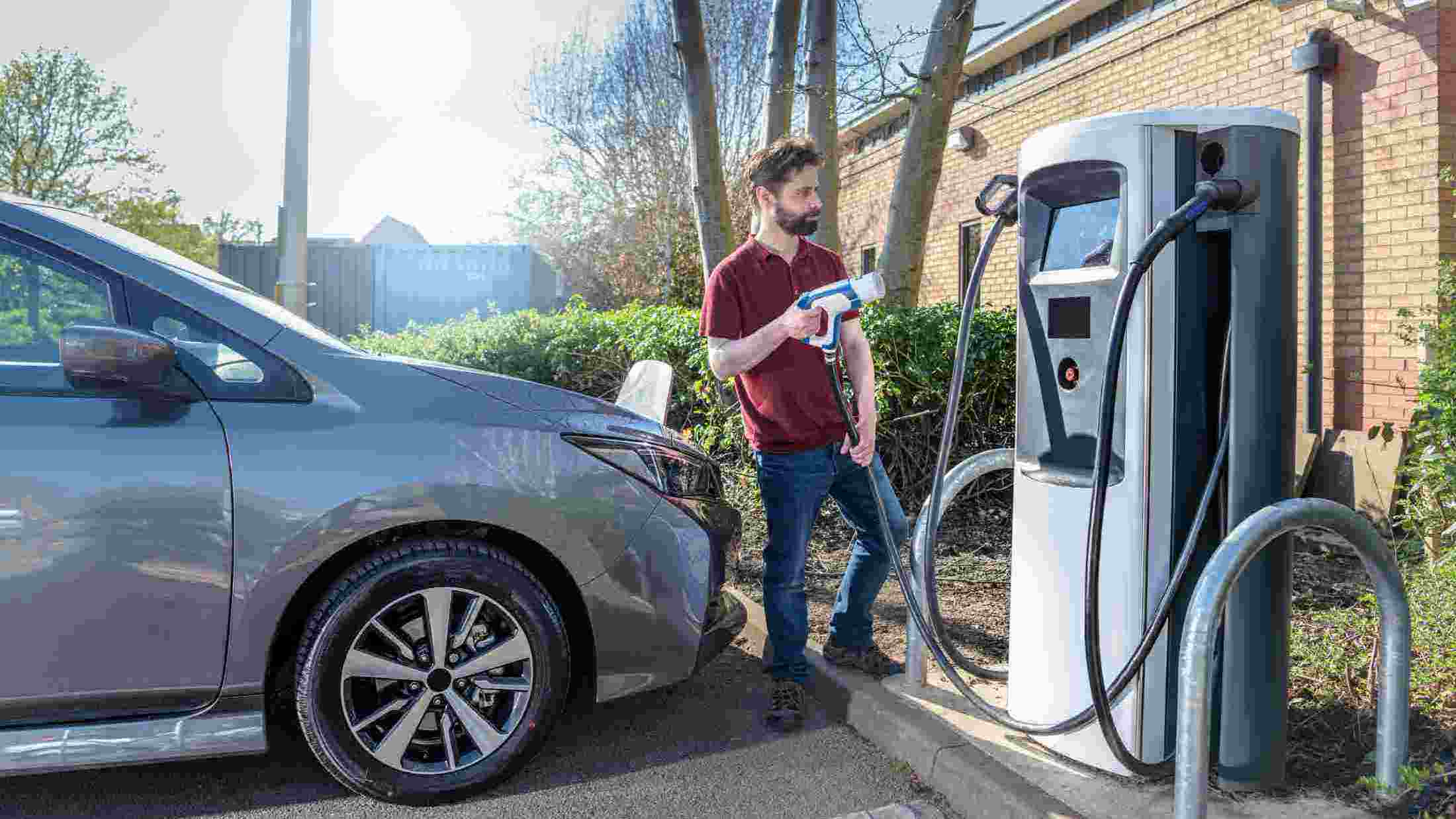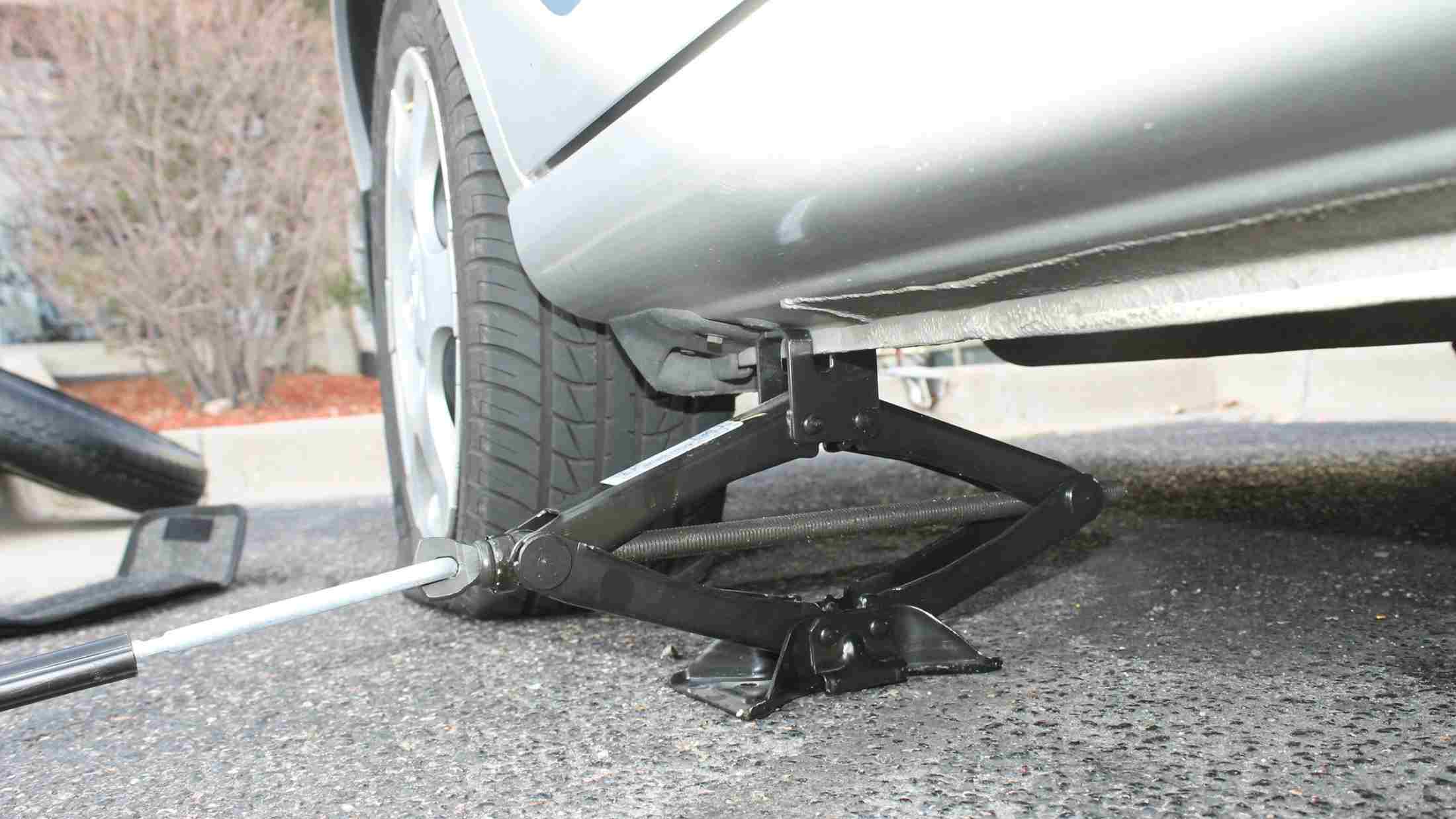- Electric vehicle basics
- How reliable are electric vehicles?
- What should I do if my electric vehicle breaks down?
- Do I need specialist insurance for my electric vehicle?
Electric vehicle basics
If you’re new to the world of electric vehicles, also known as EVs, it’s more complicated than you might imagine. To help keep it simple, we’ve narrowed it down to three kinds - pure electric and two types of hybrid:
- Battery Electric vehicles (BEVs) don’t have a petrol engine, fuel tank, or exhaust pipe. You plug them in at a charging point and they produce zero emissions, which means zero road tax. Happy days.
- Plug in Hybrid Electric Vehicles (PHEVs) are a plug-in hybrid. This means that it has both an electric motor and an internal combustible engine (ICE) just like a traditional petrol or diesel car. It has a larger electric battery, which can be charged by plugging it in. Drivers can choose electric mode, hybrid mode or using the ICE, meaning lots of flexibility
- Hybrid Electric Vehicles (HEVs) are similar to the above, except they don’t plug in. The electric battery is a lot smaller, so it lasts for less driving time. The driver of a HEV will hear the petrol/diesel engine running most of the time, so they’re a lot more like a traditional car.
How reliable are electric cars?
It’s a common question when deciding whether to go electric.
A pure electric vehicle can be driven for around 236 miles on average, as long as it’s fully charged. Some studies have shown that the average UK journey is just 10 miles, so an EV charge lasting doesn’t seem too much of an issue.
When doing your research on local charging points, Zapmap is a useful tool. It will show you the nearest charging points to your location.
You’ll also discover there are different types of charging points:
- Slow/Standard: 4-8 hours to fully recharge
- Fast: 2-4 hours to fully recharge
- Rapid: 20-40 minutes for an 80% recharge
- Ultra-rapid: Gives around 200 miles of range in 30 minutes
The recharge time and range depend on which EV you have, and the battery size, but the above gives you a rough guide at least.
Fortunately, most new EVs come with a built-in sat nav that tells you where to find the nearest charging point.
Knowing all that, EVs can and do break down. A recent What Car? survey has shown that EVs suffer more breakdowns than diesel, hybrid or petrol models.
If you’re looking for breakdown cover, AXA offer two different options:
- If you have an AXA car insurance policy, you can add breakdown cover when you buy or renew policy.
- Alternatively, you can purchase a standalone breakdown policy at any time.
You’ll need to add or purchase cover more than 24 hours before any incidents, so you’re fully covered.

What should I do if my electric vehicle breaks down?
You may be wondering ‘Why do electric cars break down?’. It could be due to your battery running out of charge, or an issue with one of the EV components.
If your breakdown is caused by a flat battery:
- You’ll need a battery recharge. However, many EV batteries can’t be charged at the roadside.
- Some recovery companies have installed charging facilities in their patrol vehicles. They’ll charge stranded EVs just enough to get them to safety.
- More recently, there are companies who can offer a mobile charging service.
If you have an AXA car insurance policy and have added optional breakdown cover, we’ll get you to the nearest suitable charging station if your EV runs out of battery.
If your breakdown is caused by something else:
- You need to be towed, and many EVs can’t be. Usually, the best option is to transport the EV to the nearest charging station via a flatbed truck. If you’re in doubt as to whether your EV can be towed, check your owner’s manual to avoid a headache later on.
- If your EV breakdown has nothing to do with the battery, it’s likely your vehicle will be taken to the garage or dealership for repair.
Lastly, don’t try to repair things yourself, as there’s a risk of electrocution. All the reputable recovery companies provide their staff with special training, so they can offer a helping (and trained) hand when you need it.
Do I need specialist insurance for my electric car?
Some insurers offer specialist electric car insurance. Others, like AXA, provide cover for some electric car models as standard.
Our policies also include EV battery cover, and charging cable cover in case it's stolen or accidentally damaged.












